

Imagine waking up alone in deep space with no memory of how you got there. A distant voice coming through a headset informs you that the fate of the world is in your hands. Obviously you get to work doing whatever the voice instructs, but how can you be sure the stranger can be trusted? This is the uncomfortable question that Q.U.B.E. asks its players.
Q.U.B.E. is a first-person puzzle-platformer in the vein of Portal and the long list of games that followed the Valve hit. Players take control of a silent protagonist and work through a series of physics-based puzzles to escape a number of increasingly complicated rooms. Although many games that fit that description end up feeling like less impressive carbon copies of the Valve classic, Q.U.B.E. stands out from the crowd with stunning visuals, a tense narrative, and unique mechanics.
Q.U.B.E.’s plot, which places the player inside a giant cube hurdling towards Earth, may sound a bit like Armageddon, but there is a lot more tension and mystery than in the ’90s action flick. The protagonist is suffering from flight amnesia and receives messages from a woman on the international space station every time her orbit brings her within radio range. Players learn about the universe from her, but also from another nameless voice that comes in through the headset from time to time. The plot offers some really great twists that we won’t spoil here, but it is worth pointing out that the voices exist almost entirely for narrative purposes and don’t offer the same kind of tips or hints that sometimes come in Portal or Pneuma.
Although the mystery is engrossing, the real meat of Q.U.B.E. is the puzzle-solving mechanic. The protagonist wears gloves that have the ability to manipulate a few different colored cubes in each environment. Depending on the color of the cube, the player is able to do different things to it. Blue cubes are pressed down and can be used as springboards, yellow cubes can be extended in three different arrangements, red can extend upwards three spaces, and green can be moved around the room similar to a Companion Cube in Portal. During the short campaign, players climb, bounce, and jump from room to room after rearranging the cubes in the necessary order.
The game’s puzzles get more complicated in later levels with the addition of lasers, darkness, perspective manipulation, and other challenging obstacles; but the game still doesn’t require any hand-holding to solve these puzzles. The core mechanics are enough to get players through the game, and the puzzles scale in difficulty at just the right pace.
One flaw in the puzzle system (which, on the other hand, could actually lead to a rage quit) is the emphasis on accuracy and timing. Unlike most puzzles games, which make it simple to leave the room once players understand the correct sequence to solve a puzzle, Q.U.B.E. demands accuracy before players can continue. If the player is using the blue bounce cube to throw the green cube onto a ledge to make an impromptu stair, it will be essential for the green cube to land smoothly. A lot of this comes down to timing, which is fun from a platforming stance, but may irritate some more tradition puzzle fans.
The game’s core campaign will only take a few hours to finish, so the director’s cut throws in ten time trials to offer the opportunity to dominate a leaderboard. The time trials offer entertaining puzzles, but the competitive aspect didn’t really click for us. The game’s puzzles aren’t about rushing, they are more about trial and error and thoughtful deductive reasoning. To get a high score on a time trial, players must memorize the solution first and then return to the puzzle and attempt to finish it as quickly as possible. Perhaps speed runners will love the addition, but it seems like a strange choice to the more puzzle-oriented gamers. Either way, it was exciting to have a new series of puzzles to solve, even if we weren’t trying to break into the top of the leaderboard.
Q.U.B.E. Director’s Cut doesn’t bring any additional “new” features to the table (aside from the time trials, voice work, and fantastic score), but the original product’s core gameplay still shines on its own. The game’s narrative is suspenseful and the puzzles are fantastic brainteasers. For just $9.99, the puzzle platformer is well worth the 2GB it will take up on your system.
Trailer
Q.U.B.E. is now available on PC, PS3, PS4, and Xbox One. For this review, Game Rant was provided an Xbox One code.
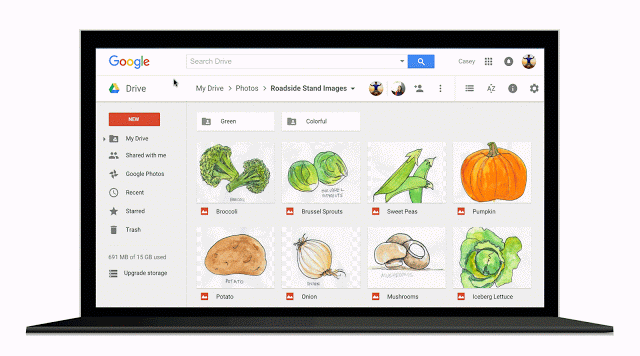
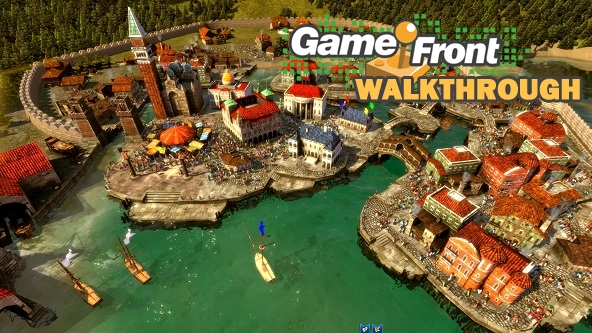

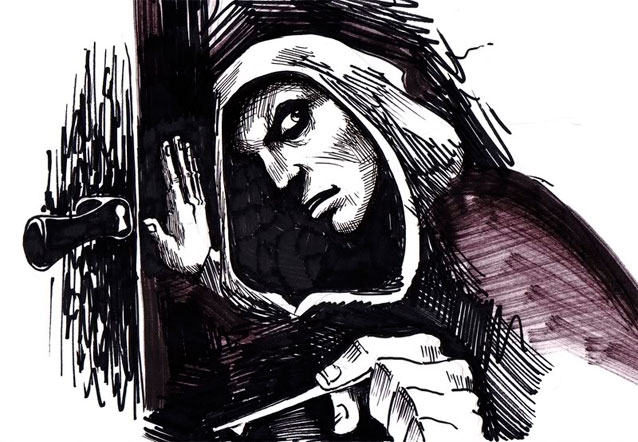
 Lego Star Wars III: The Clone Wars Guide
Lego Star Wars III: The Clone Wars Guide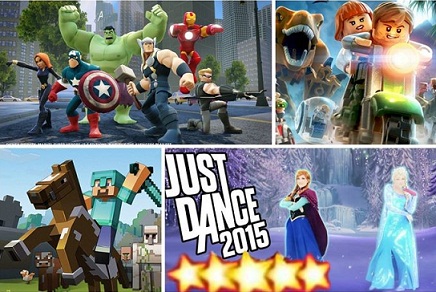 10 best PS4 video games for the whole family (2015)
10 best PS4 video games for the whole family (2015)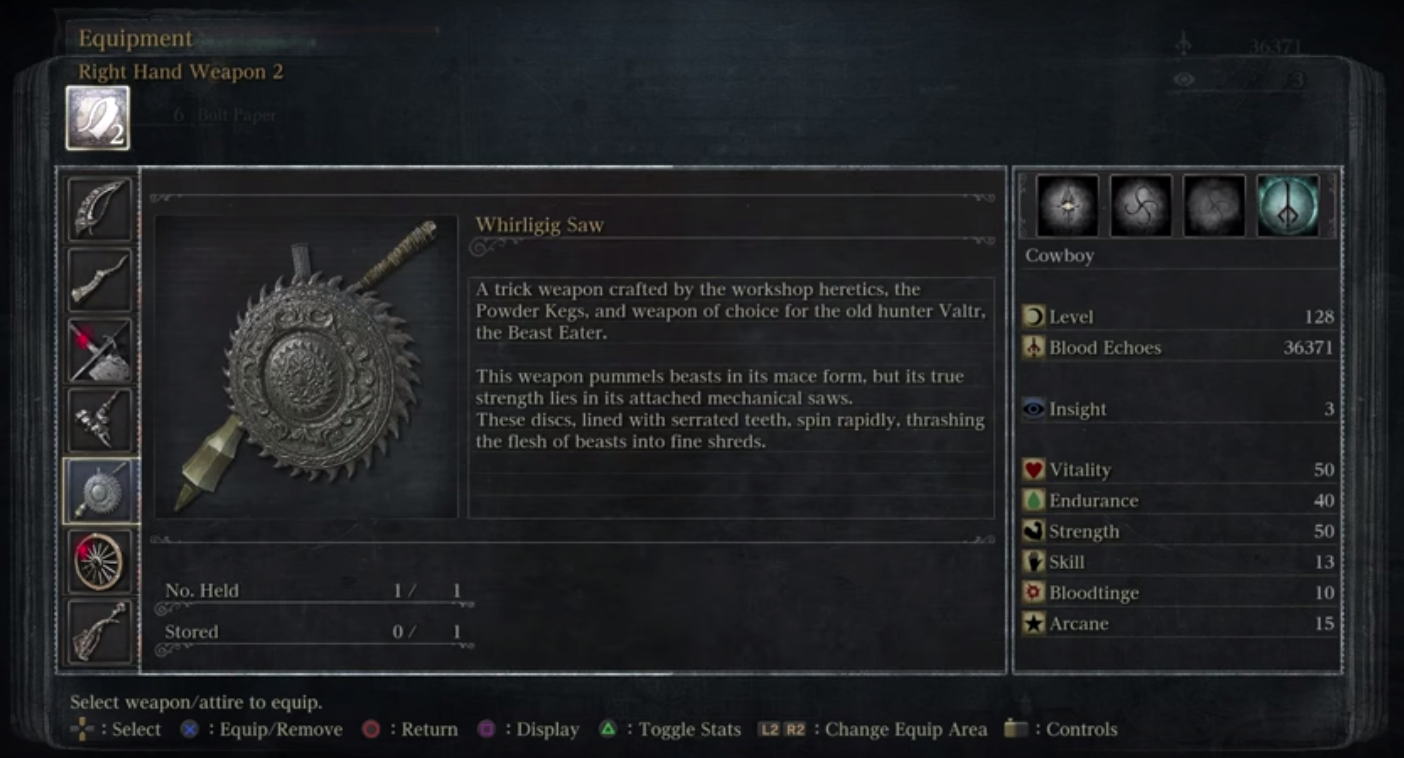 Bloodborne: The Old Hunters - How to Get the Whirligig Saw
Bloodborne: The Old Hunters - How to Get the Whirligig Saw Adrián Ramos dominates FIFA 15 Top 20 Goal Scorers (UTM)
Adrián Ramos dominates FIFA 15 Top 20 Goal Scorers (UTM)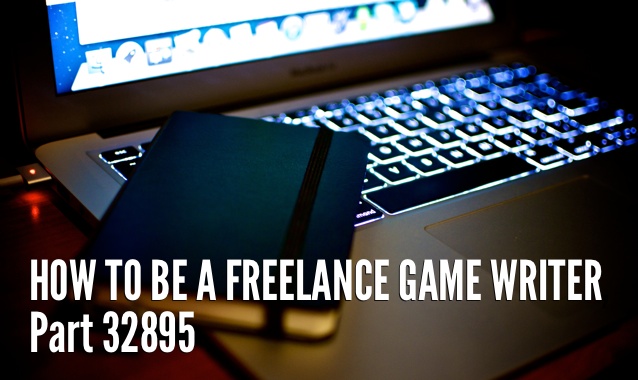 How to Be a Freelance Video Games Writer, Part 32895
How to Be a Freelance Video Games Writer, Part 32895